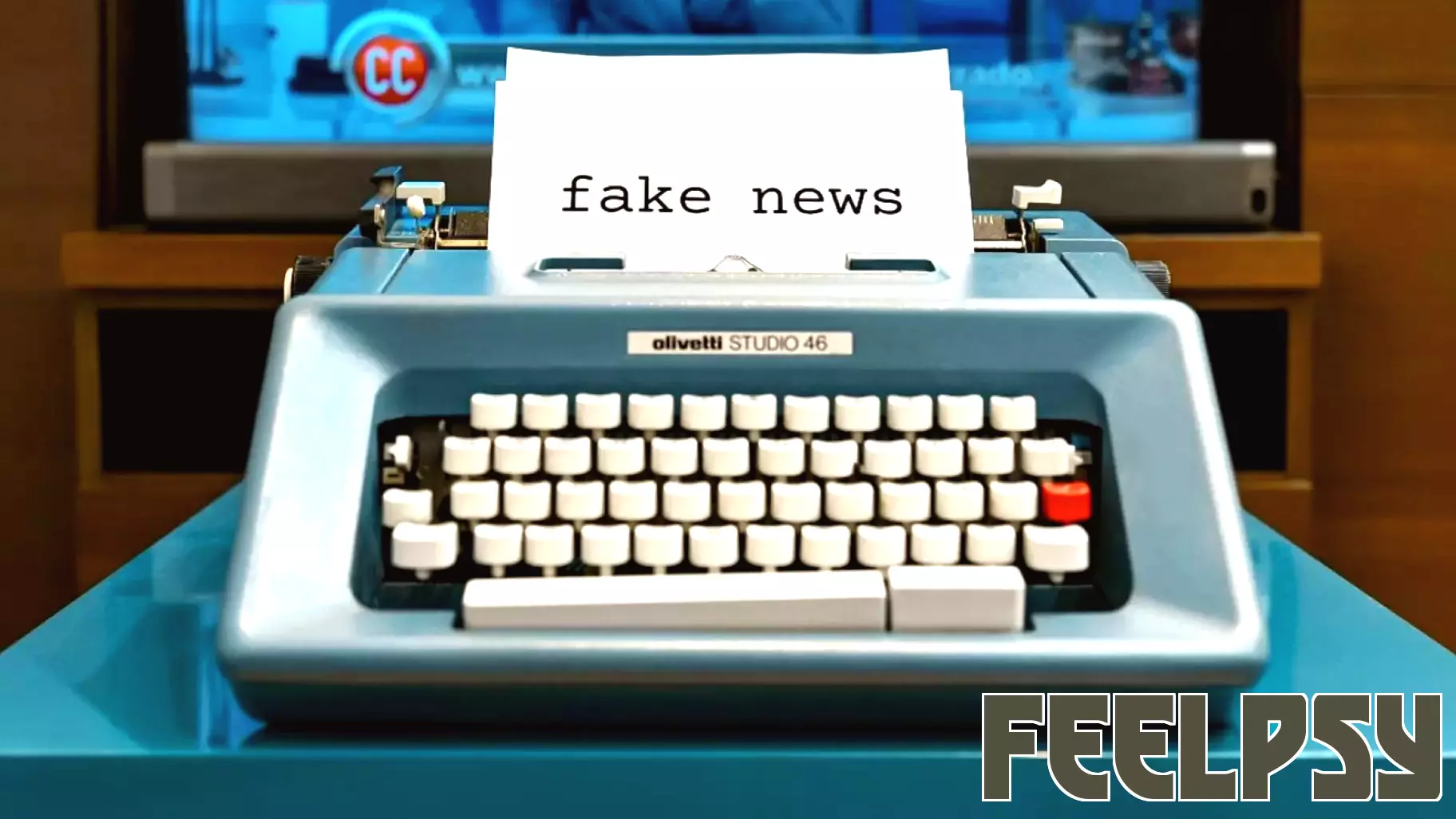March 25, 2025 - 20:49

Fake news and political propaganda have long been part of the media landscape, but their prevalence has reached alarming levels in recent years. As misinformation spreads rapidly through social media and other platforms, understanding how to effectively challenge and change the beliefs of individuals who may be more committed to myths than to factual information has become increasingly important. Recent research highlights the significant role that memory plays in this process.
Studies suggest that an individual's memory can heavily influence their susceptibility to fake news. When people encounter information that aligns with their pre-existing beliefs, they are more likely to remember it and accept it as truth, regardless of its factual basis. This cognitive bias complicates efforts to correct misinformation.
To effectively combat the spread of fake news, strategies that focus on enhancing critical thinking and memory recall may be essential. Encouraging individuals to question their sources and reflect on their memories could help create a more informed public capable of resisting the allure of false narratives.



